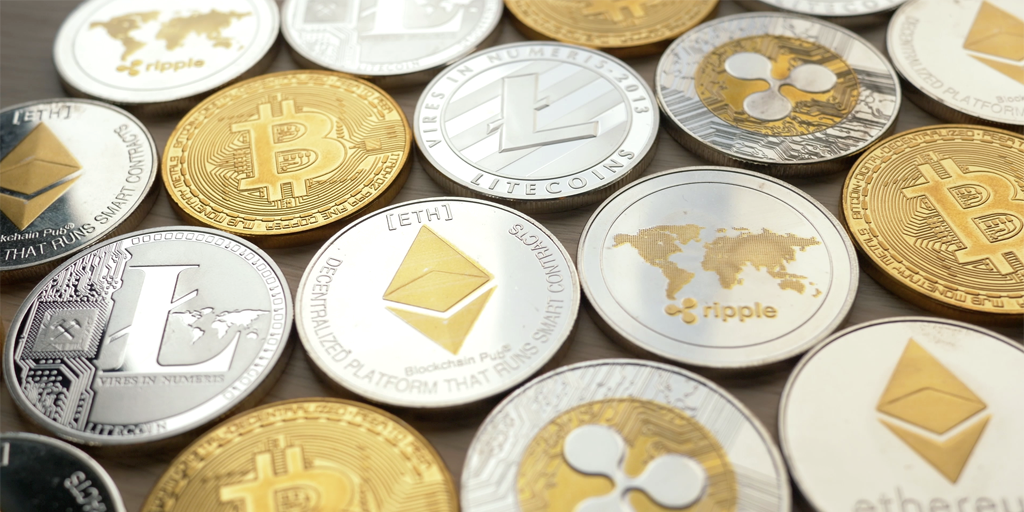It’s hard to find a more controversial cryptocurrency than EOS, whose initial coin offering (or ICO) raised a record $4 billion early this month–and whose price has since fallen 40%.
Even HBO comedian John Oliver ridiculed the project , which seeks to develop a blockchain software platform to power software harnessing the technology that underpins Bitcoin.
Yet that hasn’t deterred Multicoin Capital, an Austin-based crypto hedge fund backed by Andreessen Horowitz’s Marc Andreessen and Chris Dixon, Union Square Ventures and other VCs, from sticking with EOS, one of the largest positions in the $75 million fund.
“For now we are holding our position, we haven’t sold any,” Kyle Samani, cofounder of Multicoin, told Fortune’s “Balancing the Ledger,” a weekly show about blockchain and fintech. “The EOS launch did not go as smoothly as we were hoping it would. All things considered, actually it hasn’t gone as badly as I think people say.
”
Samani acknowledged recent hitches that have plagued and delayed EOS’s rollout, from system bugs that forced a temporary shutdown of the blockchain and strife among the giant project’s developers . “I concur that it wasn’t as good as it should have been given the resources they had, so they made some mistakes, and slipped up,” he said. “But on a long-term time horizon those are rounding errors, they don’t really matter.”
Indeed, the hiccups are reminiscent of when Ethereum launched its blockchain network three years ago, Samani added. Today Ethereum–whose platform EOS essentially seeks to supplant–is the second most valuable cryptocurrency after Bitcoin, and also a top holding in the Multicoin fund.
“People seem to forget, but Ethereum in its early days back in 2015 when the blockchain launched, it launched with no tooling, no infrastructure at all,” Samani said.
“People were really trying to beat this thing into the ground, and the system was pretty just challenging to use for quite some time. EOS was better than that.”
Now, though, Ethereum’s relative maturity and explosive growth in popularity in the meantime makes Samani bullish: “If you told me to pick one token today and come back in 10 years, I’d pick Ethereum.
”
On the flip side, Multicoin differs from some other crypto funds in that it also shorts, or bets against cryptocurrencies whose prices it believes will fall. In March, Multicoin shorted all the major cryptocurrencies–a decision that paid off when Bitcoin and its peers fell some 35% during that month alone. At the moment, the hedge fund is shorting XRP, the cryptocurrency used by blockchain startup Ripple, and Litecoin, created in 2011 when it diverged from Bitcoin as an alternative to the original blockchain.
“Litecoin in my view has no reason to exist. It was a fork of Bitcoin. It’s just been sitting around,” Samani said.
“The only investment thesis I’ve ever heard for Litecoin is it’s a testnet for Bitcoin, but that’s not an investment thesis.”
His beef with Ripple, meanwhile, stems from his belief that its XRP will be deemed a security by U.S.
financial regulators –a designation Ethereum escaped two weeks ago when the Securities and Exchange Commission announced that the network’s decentralization exempted it from the onerous requirements of publicly traded stocks and other assets. XRP is currently the third most valuable cryptocurrency, with a market cap of more than $17.4 billion.
“It’s quite clear to us that Ripple is a security. We don’t know when that news is going to drop, but the catalysts seem to have kind of gone away from Ripple,” Samani said. (Ripple, for its part, has vehemently disputed Samani’s assertion, with CEO Brad Garlinghouse laying out three reasons last week for why “it’s really clear that XRP is not a security.” )
The problem with being a security is that no U.S.
cryptocurrency exchange currently has the proper licenses to trade the more highly regulated type of asset, and it will be a “a multiyear process” before any of those venues can obtain official certification, Samani explained.
“My point is, if Ripple is labeled a security formally by the SEC, all of the crypto exchanges are going to stop trading Ripple,” he said. “So if that happens, liquidity is going to dry up on XRP and the price will plummet.”
The contrarian Samani knows many in the crypto world disagree with him–but that’s never stopped him before.
.
